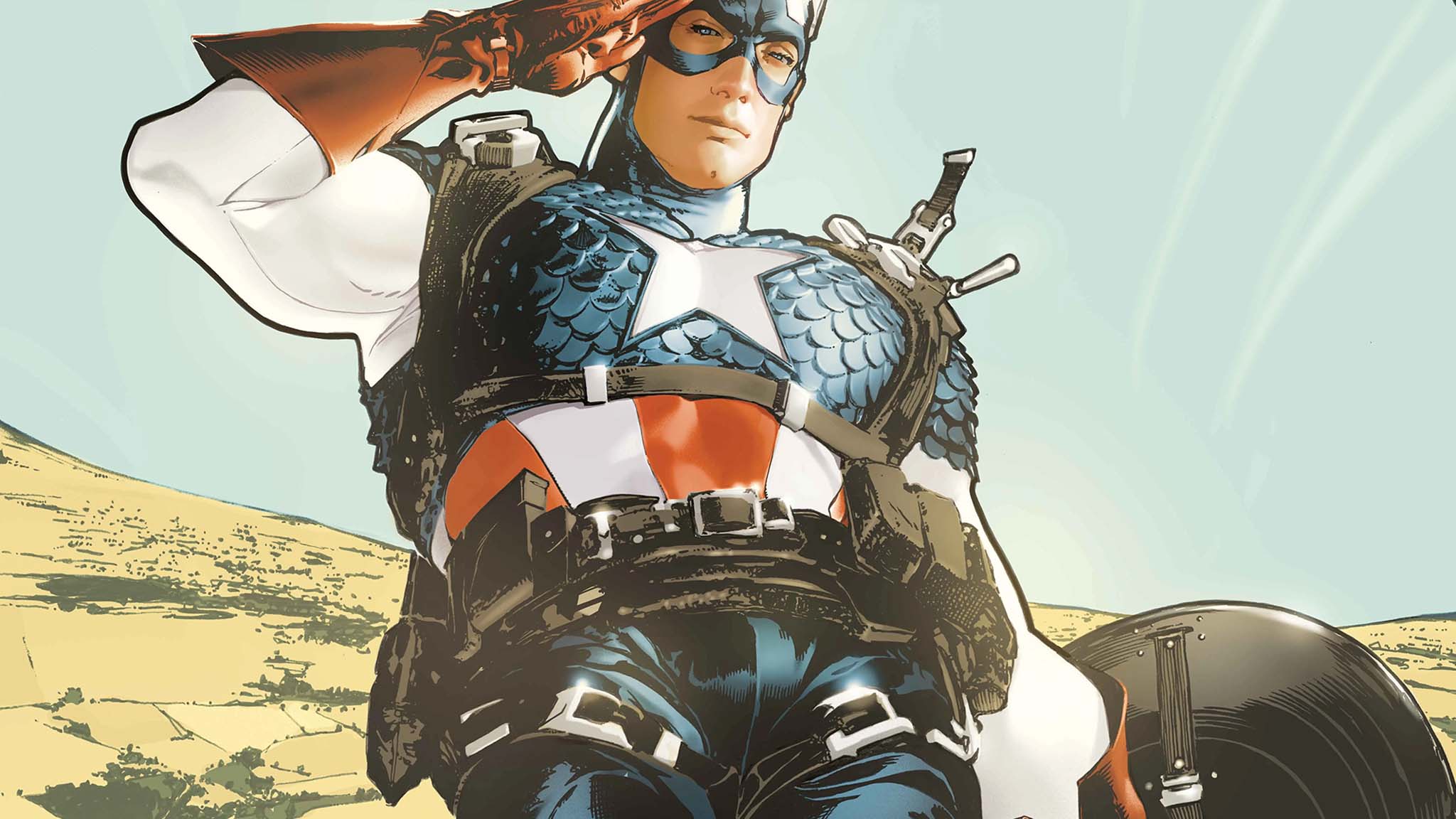
Captain America stands among Marvel’s most prominent figures, often considered the foremost of them all from Marvel’s Golden Age. Although he wasn’t the initial superhero in Marvel, his popularity was unmatched. His reemergence during the Silver Age significantly shifted the Marvel Universe’s equilibrium. Given his legendary status, Captain America naturally assumed command of the superhero community and the Avengers. Over time, he has proven to be one of the greatest leaders in comic books and played a crucial role in rescuing the Marvel Universe on numerous occasions throughout the decades. However, despite his iconic standing, Captain America can also be seen as a hypocrite.
Over the years, multiple individuals have taken on the role of Captain America, each striving to match the excellence of Steve Rogers. Yet, Steve stands out as one of the more intricate characters within the Marvel Universe. Though he consistently fights for justice and liberty, his superhero role often contradicts his own values. At times, Captain America may appear outdated and fall short of the ideal he aspires to be. However, it’s precisely this inconsistency, this struggle, that drives compelling stories about Captain America. This character’s complexity is part of his allure.
Captain America Not Living Up to His Ideals Is the Key to the Character

Captain America’s hypocrisy isn’t immediately apparent to everyone, but it plays a significant role in shaping his character. As a soldier, he champions the American status quo. However, when you scrutinize this status quo in relation to mutants, Captain America’s stance becomes more complex. He professes respect for all individuals and desires equality for them. Yet, he often allows the U.S. government to mistreat people like mutants. If true freedom and justice were his goals, he would stand alongside the X-Men every time they encountered governmental issues. However, Captain America has frequently clashed with the X-Men and even sided with Scarlet Witch when she was being held accountable for reducing the mutant population. While Cap is revered for fighting against oppressive regimes, he has often obeyed those same oppressors and let them dictate his enemies. He speaks grandly about equality, but in practice, he rarely takes action to enforce it. In essence, Captain America serves as a tool of the U.S. military-industrial complex, despite his lofty ideals, and has been instrumental in perpetuating oppression, much like anyone connected to the U.S. Armed Forces.
What truly captivates readers about Captain America’s tales is his unwavering struggle against the darker aspects of American society. For instance, in the recent release of Uncanny Avengers, Captain America stood up for mutants and actively assisted them amidst attacks by Orchis, a covert division of global intelligence. He consistently embodies his ideals of freedom and equality, taking action to uphold them. This is the iconic Captain America we cherish, and it’s this aspect that keeps us engaged with Captain America narratives.
Admittedly, Cap takes orders from individuals who are far from perfect, and he has certainly made choices he later regretted. However, the most compelling parts of Captain America’s stories arise when he chooses to disregard his orders, focusing instead on the innocent people who would be affected. Despite being an agent of the established order, which can be infuriating at times, Cap is one of the rare superheroes who can publicly call out the flaws of the system. He may align himself with authoritarianism as frequently as he opposes it, particularly when it’s cloaked in red, white, and blue, but it’s his moments of rebellion against authority that make his stories so compelling.
Captain America’s Biggest Weakness Is What Makes Him Such an Amazing Character

The United States has a complex history, marked by contradictions and inconsistencies. While it champions freedom, it has collaborated with dictators globally to counter those it deems less favorable. Its founding document, the Constitution, asserts that all people are equal, but was penned by individuals who were unapologetic slave owners. Currently, legislation is being enacted that restricts freedoms within the nation itself. This is a truth about the US, which is as much a part of Captain America’s legacy as it is a shared heritage for all Americans. Cap represents the ideals of the country, but frequently finds himself battling the very individuals he should oppose.
In a compelling manner, Captain America embodies the values of his nation, making his stories captivating due to the complexities of real-life America. It’s heartening to witness Cap acknowledge the flaws in society and demand accountability from all parties. The powerful speech he delivered in the final volume of “Uncanny Avengers” resonated widely on social media. This speech revealed that Cap had been fighting for the wrong causes, but ultimately switched allegiances. It’s this capacity for change and unwavering commitment to his ideals that endears him to us. While he may not always be on the right path, he eventually reaches it, demonstrating that his principles extend beyond mere words and can become tangible realities if people are committed enough to fight for them.
Read More
- How to Get the Bloodfeather Set in Enshrouded
- The Best Members of the Flash Family
- 4 TV Shows To Watch While You Wait for Wednesday Season 3
- The Pitt Season 2, Episode 7 Recap: Abbot’s Return To PTMC Shakes Things Up
- Every Targaryen Death in Game of Thrones, House of the Dragon & AKOTSK, Ranked
- Best Controller Settings for ARC Raiders
- Duffer Brothers Discuss ‘Stranger Things’ Season 1 Vecna Theory
- Where Winds Meet: How To Defeat Shadow Puppeteer (Boss Guide)
- Call of Duty Black Ops 7 PC requirements — are they surprisingly low… or a graphics card killer?
- 2026’s The Punisher Reboot Officially Casts 1 Major Netflix Actor
2025-07-14 00:40